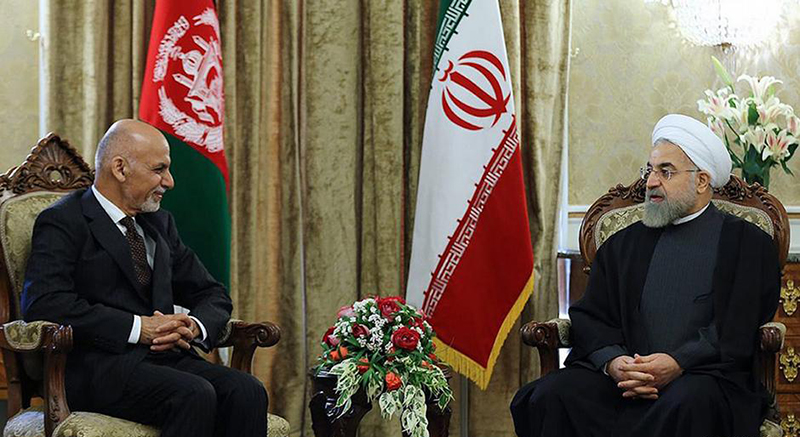The Afghan Institute for Strategic Studies (AISS) on Friday launched a new book titled‘Afghanistan's Conflict: Local Regional and Global Perspectives’ co-authored by Sardar Mohammad Rahimi and Abbas Arifi and us focus on the root causes of the war in Afghanistan.
Authors of the book said the ethnic division in Afghanistan has changed misunderstanding and wrong perception into reality and these factors have a key role in the continuation of conflict in Afghanistan.
Rahimi said Afghanistan has a lot of room for conflict and if it is not managed by the government, it will reach the countries in the region, one of which is the conflict between Afghanistan and Pakistan.
“The Afghan conflict is mostly internal but not managed. Lack of management of these conflicts has caused other countries to pursue their interests inside Afghanistan so that they will not be challenged in the future,” said Rahimi.
He added that Afghanistan needs to work more in the geopolitical sphere and use it for the benefit of the country and its people.
Arifi said the book focuses on the components that cause conflict.
“Afghanistan has the majority of the components that cause conflict and its lack of management has created problems for the country,” he said.
He said that Afghanistan's landlocked nature could lead to the connection or separation of countries in the region and that this geographical location has provided Afghanistan with a series of opportunities, one of which could be easy relations with South Asia.
“The book also deals with the issues of the Taliban and Daesh from a geopolitical perspective,” he said.
“There are three accounts of the Afghan conflict: The conflict in Afghanistan has internal factors. The conflict in Afghanistan has foreign or transnational roots, and the narrative is based on conspiracy theory, which is the dominant narrative or discourse in Afghanistan based on the third section," said
Faramarz Tamanna, an international relations analyst.
Tamana said the book is scientifically methodical, effective, and has the capacity to communicate with other disciplines such as international relations, but one of its shortcomings are the lack of dominant discourse in the book because it has been discussed more generally.




